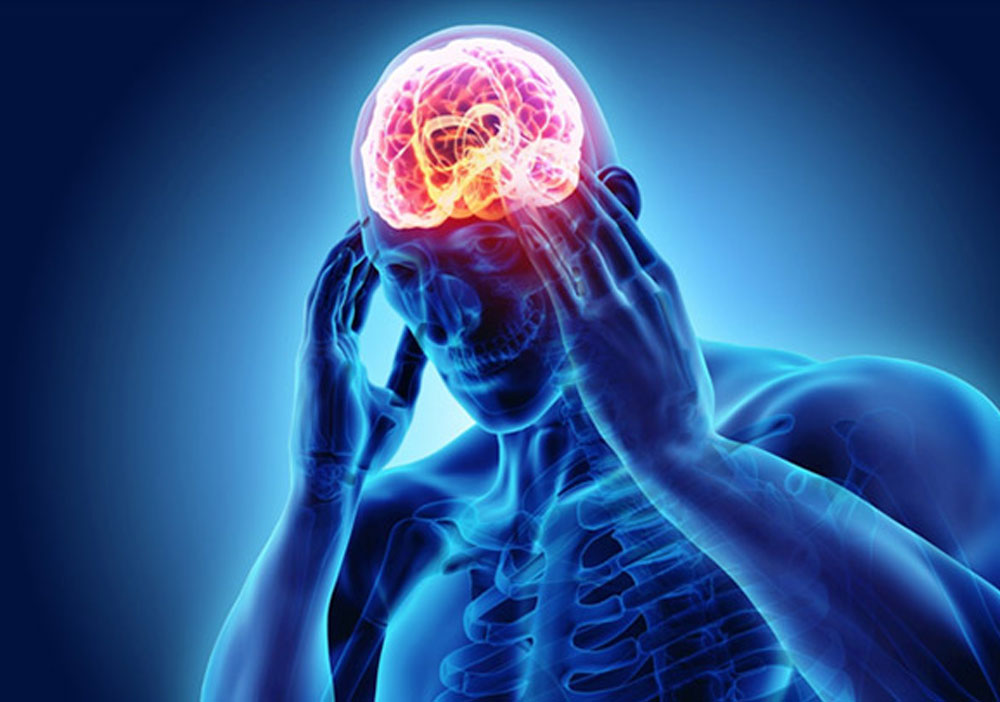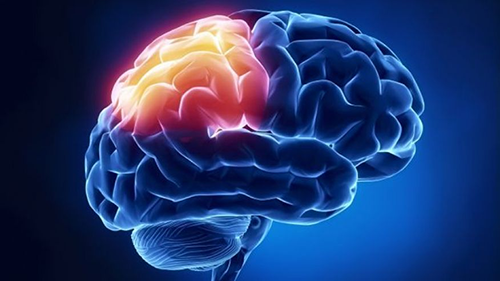HEAD INJURY
This is one of the most prevalent injuries to the human body and results in minor problems to death even depending upon its severity. It can effect the outermost structures of the head that is scalp and skull in which case the injury is not life threatening. When it occurs to the brain and it’s related structures inside the skull serious consequences can emanate as a result of it. Common head injuries are
scalp wounds, skull fractures, concussion.
Treatment of head injuries varies according to its type and severity.


What causes a head injury?
Head injuries mostly result from shaking or blow to the head. Injury to the brain due to shaking is commonly encountered in children and infants. Head injury by a blow to the head occurs as a result of
- Road traffic accidents
- Falls
- Assaults
- Sporting accidents
The resultant injuries are usually minor but when severe head injuries take place they can also involve the spine.
What are the major types of head injuries?
- Haemorrhage: it is a continuous bleeding and can appear to be menacing and visually disturbing yet not dangerous, if external. Internal bleeding in the brain (intracerebral haemorrhage)or the space around it (subarachnoid haemorrhage) can be life threatening.
- Hematoma: This is a clotted blood outside the blood vessels. If sizeable and in the brain can build up and lead to unconsciousness or disability.
- Oedema: This is brain swelling which occurs as a result of injury to the brain tissue just like swelling any where in the body in response to injury. Where as swelling in rest of the body can accommodate itself due to the elasticity of its coverings brain oedema can be very dangerous as skull cannot be stretched to to accommodate the enlarged brain which then presses on itself.
- Skull fracture: Skull bone is fractured when the force is strong enough to crack it. The applied force may only be sufficient to fracture the skull or it may be strong enough to injure the underlying brain. There can be different types of skull fractures but only those require surgical treatment where the fractured bone is compressing upon the brain or it is communicating with the exterior through a scalp wound.
- Diffuse atonal injury: This is a sheering injury of the brain and there is no CT scan evidence of it immediately. It actually knocks of the brain cells and their re functioning might take a few seconds to weeks and months depending upon the severity of injury. It can result in disastrous consequences like permanent brain damage and death.
What are the symptoms of head injury
The on site symptoms can be unconsciousness, bleeding from an external wound, bleeding from ear, nose or throat. Minor head injury patients recover out of this picture from a few minutes to a few hours.
Minor head injury symptoms are
- headache
- nausea
- ringing in the ears
- spinning sensation
- light headedness
Severe head injury symptoms overlap with minor head injury symptoms and the following are exclusive to it
- seizures
- vomiting
- altered conscious level
- equilibrium and coordination problems
- double vision
- headaches
- memory and behaviour disturbances
- watery discharge from ear or nose
When does head injury require medical attention?
Head injuries should always be taken seriously and during the first 48 hours should be dealt with high index of suspicion.
If there is
- persistent headache
- vomiting
- drowsiness
- confusion
- protocols for different types of head injuries should be initiated
If the symptoms persist then 1122 should be called immediately or local emergency services contacted.
Diagnosis and Treatment
Clinical examination is done to assess the severity of head injury and a CT scan of the brain is done to identify the various types of injury patters to the skull and brain. Occasionally an MRI of the brain can be ordered if the patient is in a stable condition
Headache and vomiting is treated with pain killers and anti vomiting medications. Patient is refrained from taking orally if there is refractory vomiting. Intravenous fluids are give to replace the loss of water
Those who have an altered conscious level or are unconscious are admitted to an ICU and treated accordingly.
Surgery
Sometimes it may become imperative to perform a surgical procedure to prevent further brain damage. Operation may be done to
remove the clot
elevate or remove the depressed bone
release the skull pressure
Rehabilitation
Moderate to severe head injuries may require physical, speech or occupational rehabilitation for getting re-inducted into personal and social life. This may be necessary to counter the long term effects of serious head injury.
